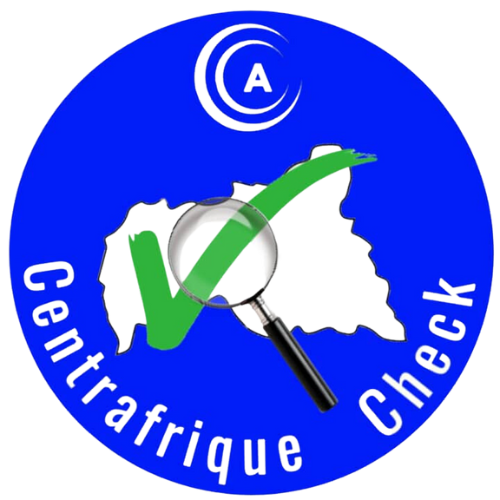For several days now, a link circulating on WhatsApp claims that a new data package offer of 40GB for 60 days is free on any network. This information is false. According to a cybersecurity expert contacted by AFC, it is actually a virus or malware designed to hack users’ accounts. Additionally, mobile phone companies in the Central African Republic are also warning users to be cautious.
Here is the content of the widely shared message: “Look at this, New Data Pack Offer: Get 40GB of free internet data on any network for 60 days. Activate now within the 3. Moov, 5. Orange, 6. Azur, and 13. Telecel…” Be wary of accessing these dangerous links to protect your personal data.
Brief Verification:
A message circulating in WhatsApp groups since early March 2023 claims to confirm the free distribution of 40GB of internet data for 60 days via a link. However, several mobile phone companies and a cybersecurity consultant in the Central African Republic contacted by AFC deny this and urge caution.
Detailed Verification:
Coulibaly Mohamed, Marketing and Commercial Director at Orange Central African Republic, told AFC: “Beware of unknown messages claiming to promote Orange in the Central African Republic. This is completely false. Orange does not recognize this message, and any promotional message from the company would be from Orange 3G, Orange Info, Orange Promo, or Orange Sponsoring…”
Similar reactions came from Telecel’s management: “Attention, Telecel has never launched such an offer. Our communication methods are through SMS from Telecel, Telecel radio announcements… For more information, please call 611,” said Telecel General Central African Republic.
We also reached out to Moov Central African Republic, which stated that it is not involved in this information and considers it a pure scam. Necessary measures will be taken,” they emphasized.
Eclaire Morez Wandet, National Cybersecurity Consultant, interviewed by AFC, explained the purpose of these malicious links: “You may have encountered this recently. You receive a message on WhatsApp promising free internet data if you click on a link. If that’s the case, do not click. It’s a virus or, better yet, malware, a malicious software.” “If you click the link and open it, you will land on a fake application like Google Play that aims to make you download a supposed app.”
To better protect yourself, it is recommended to install antivirus software, although it might not detect all the latest viruses or malware, especially if it is not updated or if you only have the free version. It’s still an additional layer of protection. Moreover, in many cases, the apps designed to trap you may ask you to disable the antivirus, according to the cybersecurity expert.
By Fouf-Kagna GREBAYE J.L, AFC
This article is produced under the AFC-Internews partnership funded by USAID. However, the content does not reflect the responsibility of the partner.
Do you find any information or images suspicious? Contact our editorial team at +236 75 38 11 73 / 72 30 85 45, or email us at [email protected]









